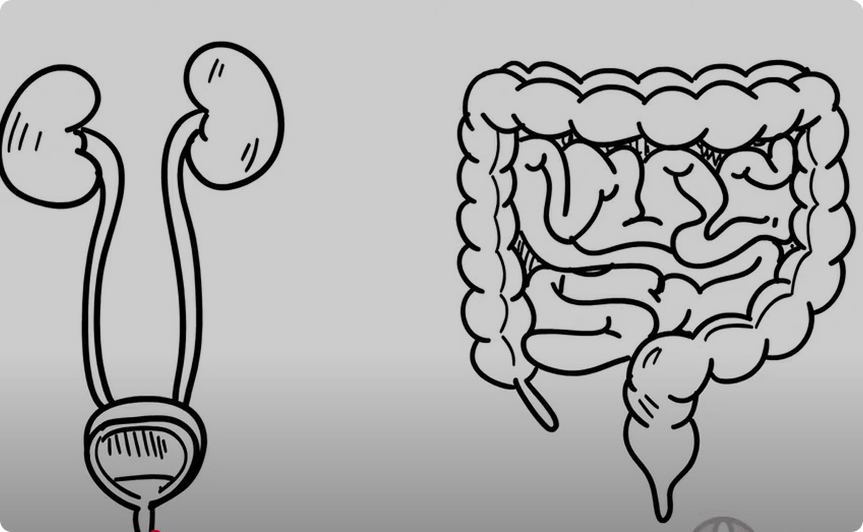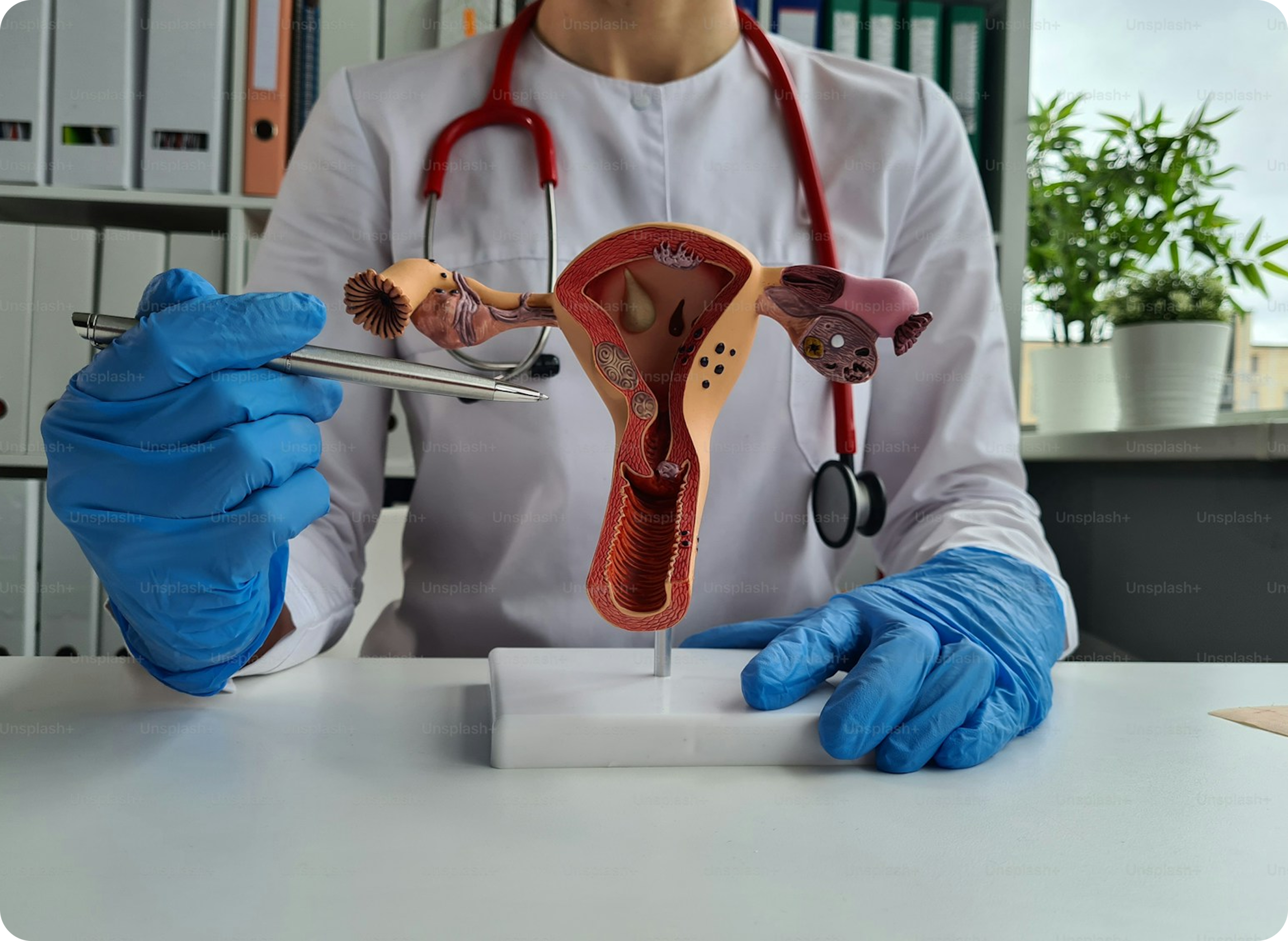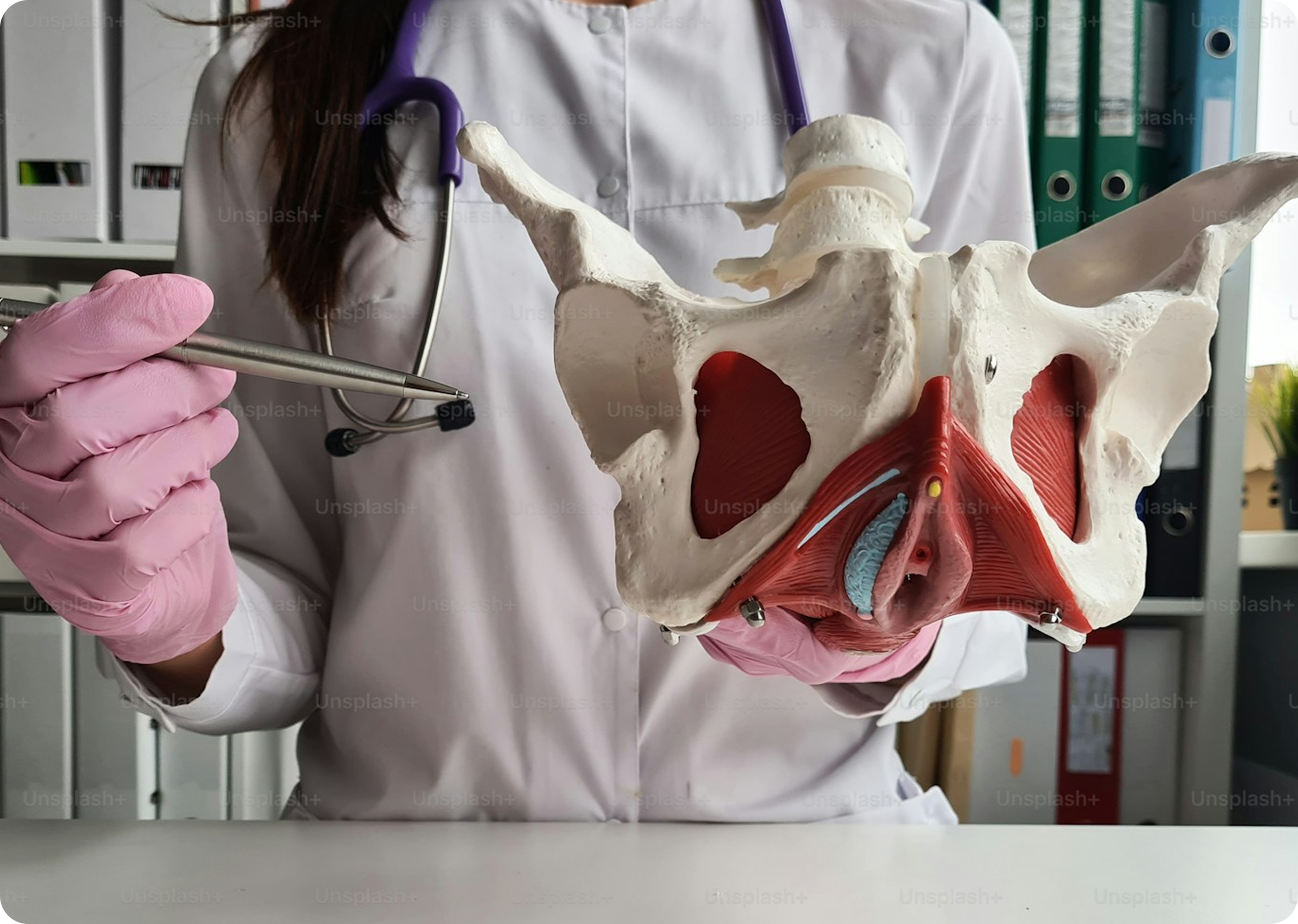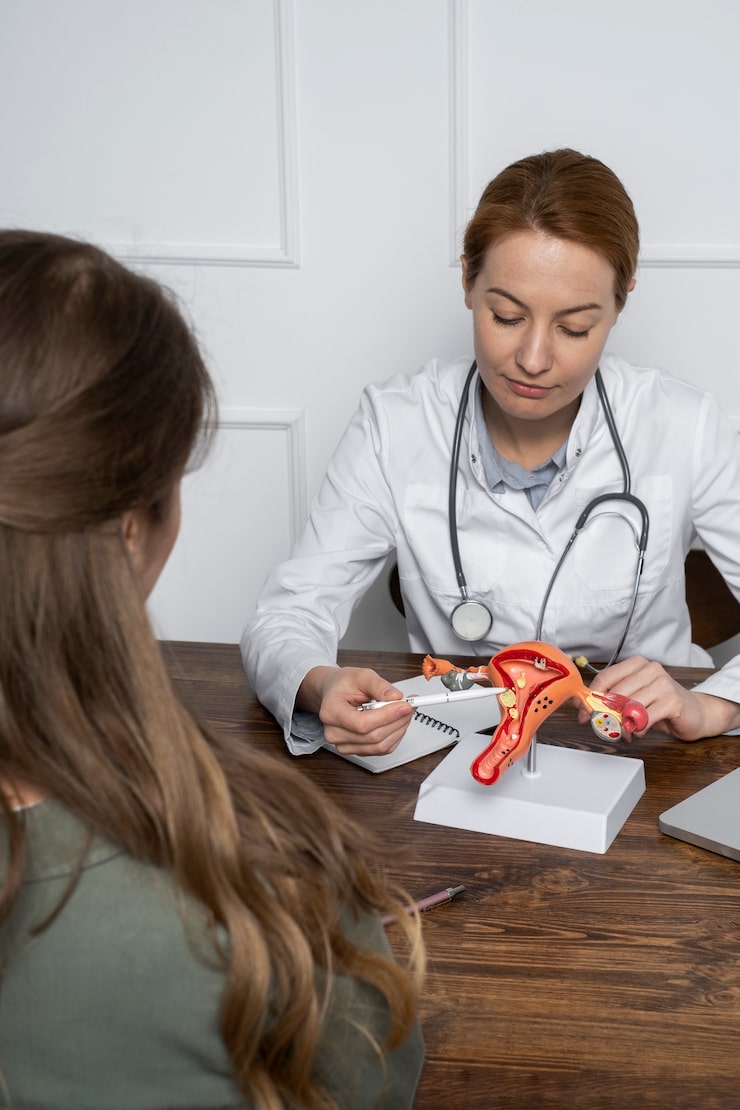Diagnosing Female Pelvic Floor Disorders
The diagnosis of Female Pelvic Floor Disorders begins with obtaining a history and performing a physical exam. Part of the history may include asking you to complete a voiding diary and/or a bladder pain scale. The purpose of these is to try and quantify your symptoms, both to help with the diagnosis and to set a baseline to evaluate how effective your treatment is working.
In addition, there are additional tests that may be performed in the office, depending on your symptoms. These include:
- Bladder Scan for post-void residual measurement.
- Urodynamic testing for urinary incontinence.
- Cystoscopy
- Potassium Sensitivity Testing for Interstitial Cystitis/Painful Bladder Syndrome
- Ano-rectal manometry for fecal incontinence.
- Anal ultrasound for fecal incontinence.






